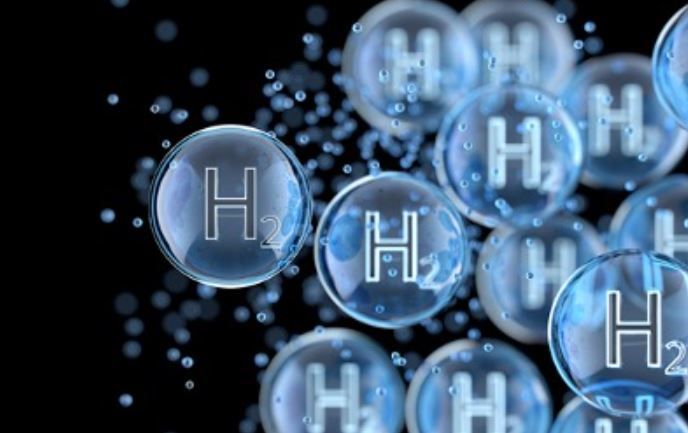With the Netherlands projected to import up to 3.36 million tonnes of green hydrogen annually by 2040, a new analysis from Aurora Energy Research suggests that Northeast Brazil may hold the key to bridging Europe’s widening hydrogen supply gap.
Commissioned by the Dutch Ministry of Climate Policy & Green Growth, and presented during the World Hydrogen Summit, the report outlines the technical and economic feasibility of establishing a large-scale hydrogen corridor between the two regions—centered primarily on ammonia transport and partial on-site cracking at Dutch ports.
Demand projections form the study’s backbone. By 2030, Aurora forecasts demand for green hydrogen imports into the Netherlands at 0.58 Mt/year, rising to 3.36 Mt/year by 2040. These estimates align with Dutch climate targets, which increasingly rely on imported green molecules to decarbonize hard-to-abate sectors like chemicals, steel, and heavy transport. Domestic production, constrained by space, permitting delays, and renewable electricity availability, is unlikely to meet future hydrogen demand independently.
Brazil’s appeal as a hydrogen-export hub lies in three key variables: its untapped renewable energy potential, comparatively low levelized cost of hydrogen (LCOH), and favourable federal policy. Northeast Brazil in particular benefits from high capacity factors for solar and wind energy, significantly reducing the cost of electrolysis-based hydrogen production. Aurora identifies this region as among the most cost-competitive globally—especially when exports are channeled through existing and planned port infrastructure.
The corridor concept focuses on transporting hydrogen as ammonia, a hydrogen derivative with established logistics and storage systems. According to the report, imported ammonia would be partly cracked at Dutch ports—such as Rotterdam and Groningen—into hydrogen for use in industrial applications. The remainder could be consumed directly in fertilizer production or chemical processes where ammonia is already a feedstock. This dual-use strategy enhances project bankability by broadening the market for offtake.
Yet cost competitiveness alone won’t bring the corridor to life. Aurora emphasizes that infrastructure and coordination remain the primary hurdles. In Brazil, this means linking hydrogen production projects inland with coastal export terminals—likely requiring new pipelines, ports upgrades, and energy integration. In the Netherlands, cracking infrastructure must be developed alongside expanded storage, regasification, and intra-European distribution networks.
Moreover, the corridor’s success hinges on securing long-term offtake contracts that de-risk investment for developers on both ends. Without credible purchase commitments from European industrial players, early-stage projects in Brazil will struggle to reach final investment decision (FID). The report urges policymakers to accelerate regulatory initiatives and guarantees to help underwrite offtake and fund enabling infrastructure.
Aurora’s analysis also reveals a wider strategic rationale: positioning the Netherlands as a hydrogen gateway to Northwest Europe. Given its access to deep-water ports, existing petrochemical networks, and proximity to German and Belgian industry, the Netherlands is well-placed to play a pivotal role in the future European hydrogen economy. A functional Brazil–Netherlands corridor could extend its benefits across borders, helping meet regional decarbonization goals through shared infrastructure.
However, the corridor concept raises key policy questions. The European Union has yet to finalize a harmonized certification scheme for imported green hydrogen and its derivatives. Divergences in carbon accounting, sustainability criteria, or renewable electricity sourcing could delay market access or create trade friction. Until such regulatory clarity emerges, infrastructure and offtake negotiations risk being out of sync with certification requirements—an issue already seen in nascent hydrogen trade deals elsewhere.
Despite these caveats, the proposed corridor may offer a pragmatic path forward in Europe’s pursuit of scalable hydrogen imports. In a market still defined by pilot projects and fragmented supply chains, bilateral cooperation—backed by actionable demand forecasts and cost modelling—could mark a shift from planning to execution. The study’s focus on aligning infrastructure, policy, and procurement sets a template for future corridors beyond Brazil.
Stay updated on the latest in energy! Follow us on LinkedIn, Facebook, and X for real-time news and insights. Don’t miss out on exclusive interviews and webinars—subscribe to our YouTube channel today! Join our community and be part of the conversation shaping the future of energy.





